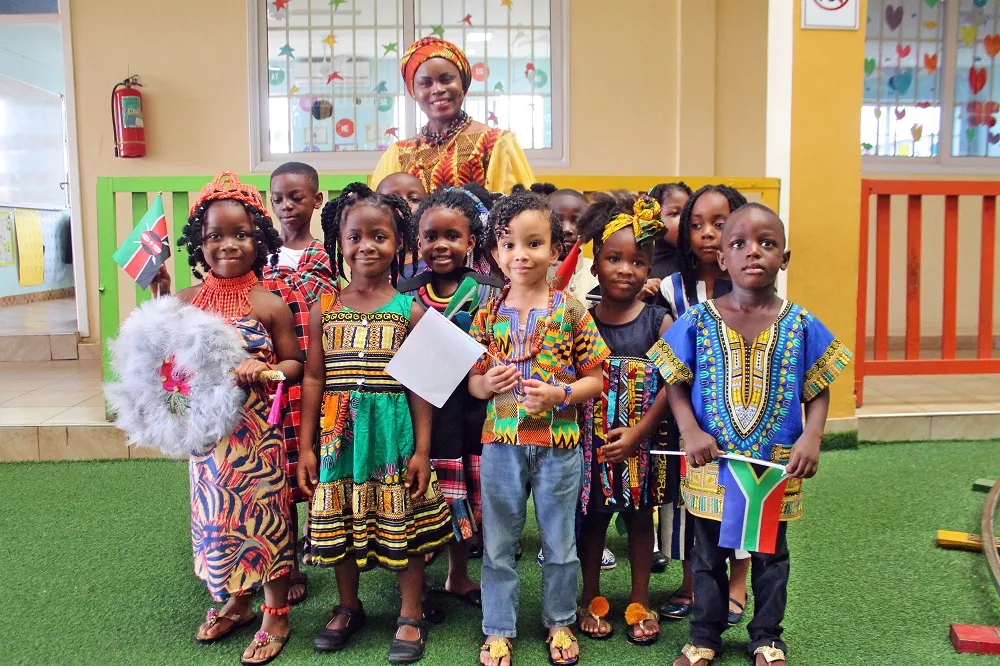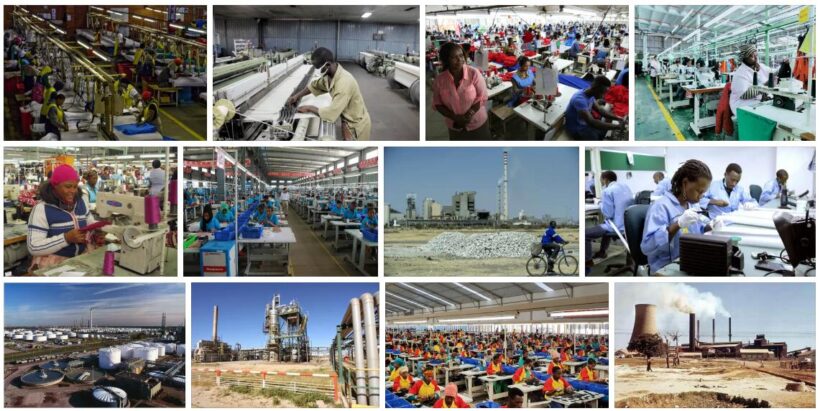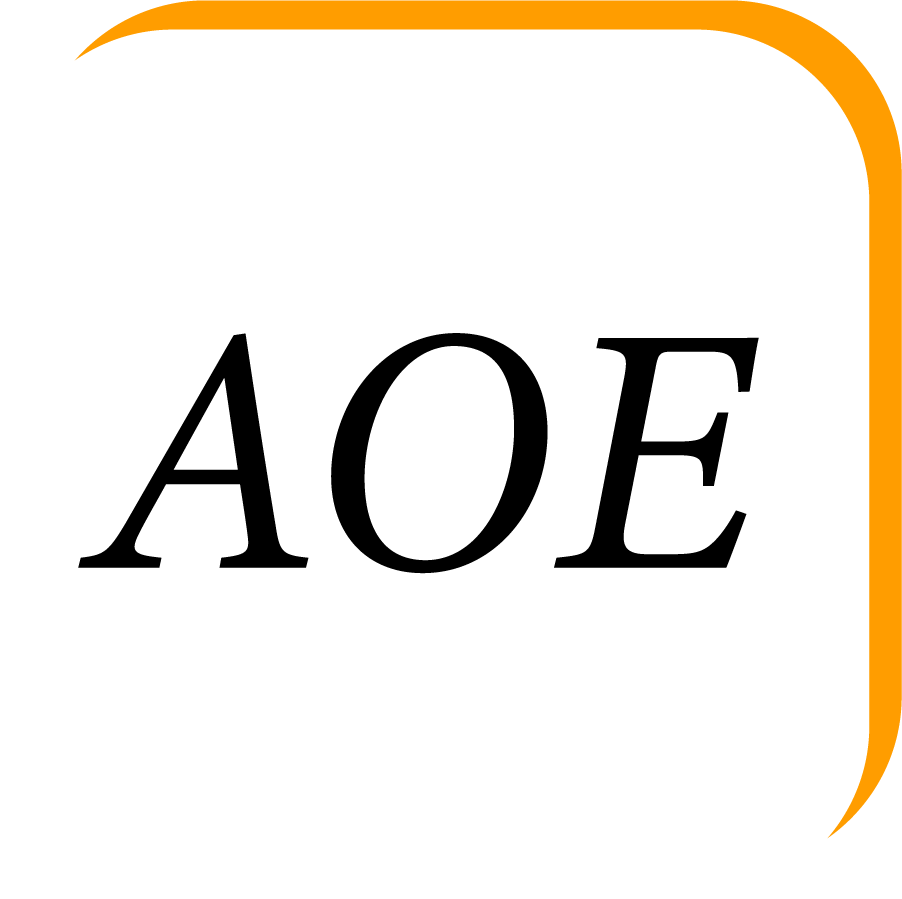Africa is home to many unique languages, each with its own way of speaking. This diversity represents the continent’s wide range and integrates all languages spoken by various communities which reflect the uniqueness of their cultures.
These unique dialects predict a future where individuals learn cooperatively from one another while gaining a common understanding. As a result, proven to be an element of fair education as well as the promotion of economic advancement in the African continent.
Preserving Cultural Heritage and Identity
Adding local languages to education has a significant benefit of safeguarding cultural heritage and identity. When included in the curriculum, students gain a deeper understanding of their origins, customs, and principles.
This not only cultivates self-esteem but also fosters inclusivity by recognizing and honoring diverse cultural heritages.
Through the use of native languages as a mode of instruction, we pay homage to and rejoice in the rich customs, history, and beliefs transmitted through time.
This practice gives people the ability to establish profound links with their ancestry while promoting feelings of attachment and self-esteem.
By adopting local dialects within educational contexts, we not only reinforce cultural identities but also cultivate all-inclusive learning atmospheres that nurture future generations who appreciate Africa’s lively legacy and work towards its preservation.

Enhancing Learning Development and Academic Achievement
Research shows that students exhibit improved academic performance when educated in their native or community language.
Such instruction advances learning development, critical thinking abilities, and overall educational accomplishments by utilizing a communicative medium familiar to the student.
Offering multilingual education programs integrating both local dialects and widespread languages equips learners with comprehensive learning opportunities throughout their scholastic odyssey.
Teaching students in their mother tongue facilitates improved understanding, involvement, and participation in the educational experience.
By using familiar language to deliver lessons, learners can better apprehend intricate concepts which elevates academic achievement.
Moreover, instructing in local dialects kindles a sentiment of cultural distinction resulting in students being more driven towards success academically.
Embracing native languages not only preserves tradition but also endows pupils with the tools necessary for knowledge attainment and utilization- A mutually beneficial situation!

Unlocking Economic Opportunities
To ensure both economic growth and a broader scope of opportunities, mastering global languages is indispensable.
However, it’s crucial to avoid disregarding indigenous languages in doing so. Multilingual education programs can strike the right balance by providing students with competence in foreign tongues as well as those spoken locally.
This enables them to effectively navigate international business arenas while also preserving their linguistic heritage – making meaningful contributions towards enhancing economic developments at a global level!
Integrating indigenous languages into inclusive education can strongly boost cultural diversity, cognitive development, and economic advancement in Africa.
The significance of multilingual educational programs cannot be overstated as they enable students to master both local and international languages, thereby equipping them with well-rounded knowledge for a competitive edge in our highly connected global community.
